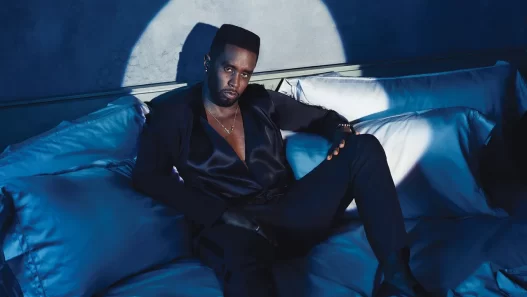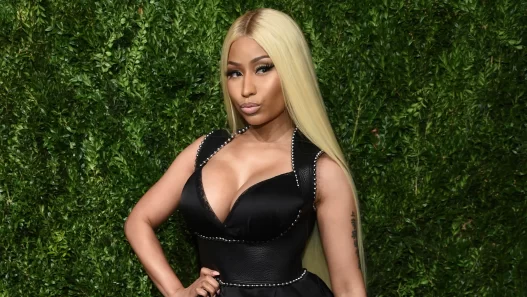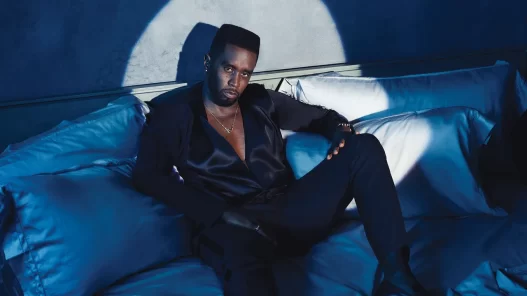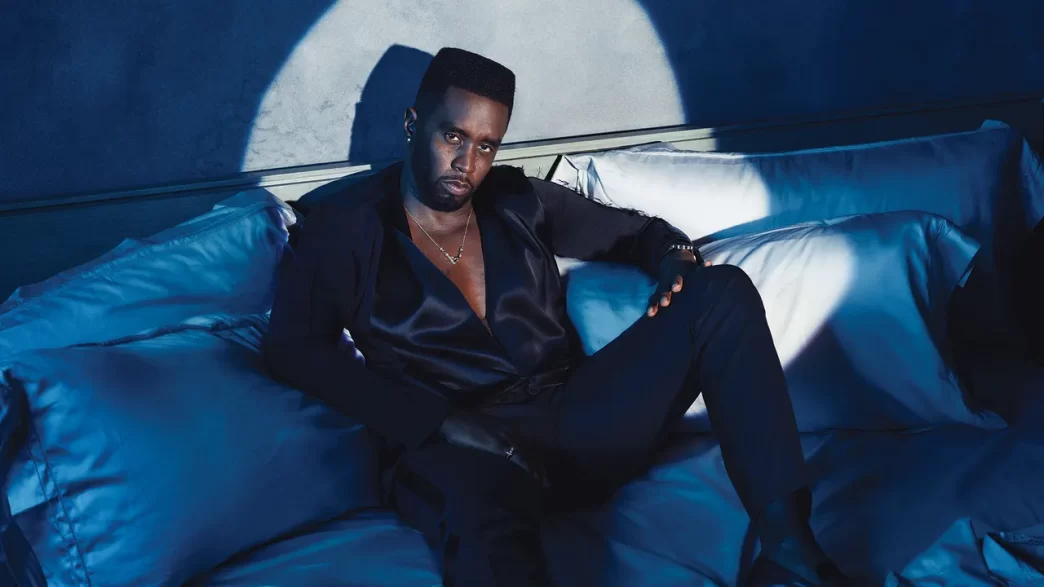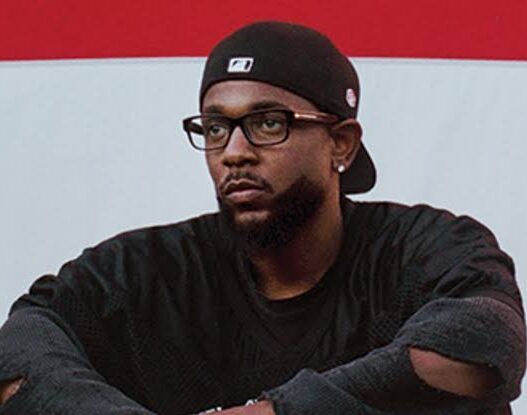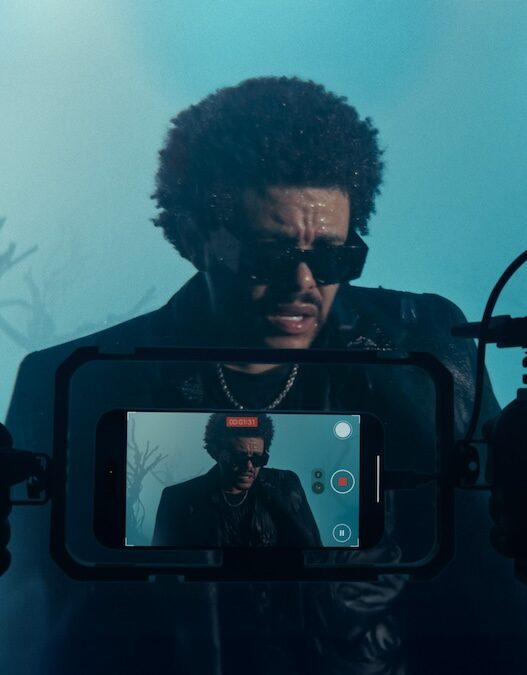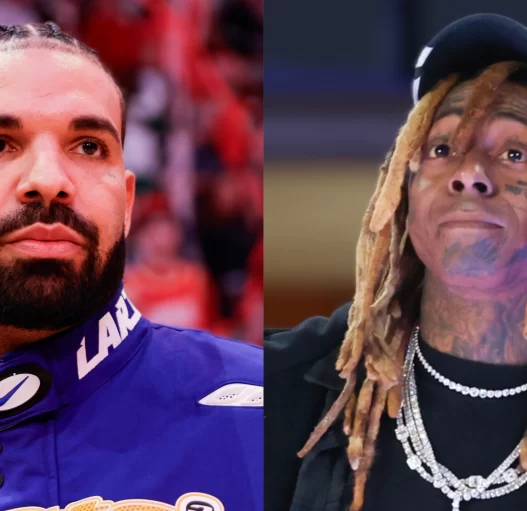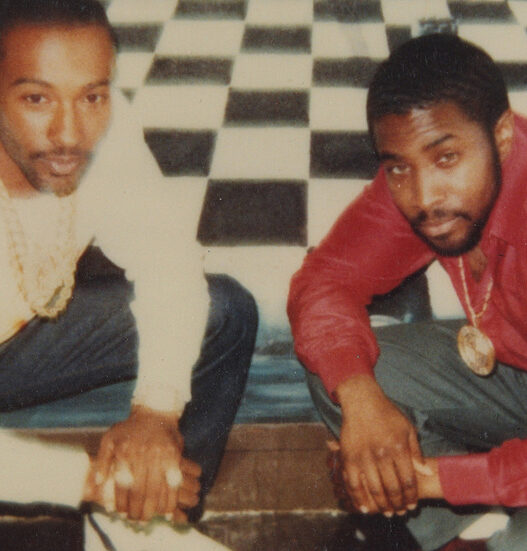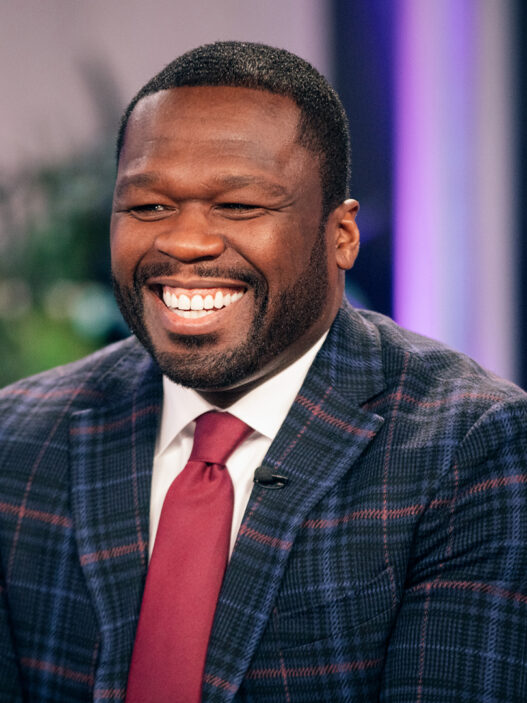Diddy Proposes Reduction in Bail for Those Charged with Non-Violent Crimes
Renowned entrepreneur and music mogul Sean ‘Diddy’ Combs has been making waves in the music industry and beyond, with his latest endeavor focusing on meaningful social change. Recently, Diddy expressed concerns about the high bail rates that affect many, leading him to join a long list of advocates calling for reform. This move aligns with Diddy’s commitment to empowering marginalized communities and providing opportunities for those in need.
The Problem with High Bail Rates
High bail rates frequently serve as an obstacle, hindering many who cannot afford them from accessing the basic human right of justice. Many charged with non-violent crimes languish in jail for long periods, primarily due to their inability to afford bail. This has grave effects on the defendants’ personal lives and overall well-being, as they struggle with losing their jobs, missing out on essential family milestones, and suffering mental and emotional strain due to extended pre-trial detention.
Key Issues with the Current System
Decreased opportunities for employment, education, and rehabilitation due to pre-trial detention.
Lengthy pre-trial detention contributes to the development of mental health issues in incarcerated individuals.
Increased burden on taxpayers resulting from prolonged detention periods.
Potential Reforms in Bail Rates
In response to high bail rates and lengthy pre-trial detention periods, individuals and organizations like Diddy are now proposing several reforms:
Implement a sliding bail scale where payments are based on individuals’ income and financial situation.
Limiting the use of cash bail, allowing defendants to use alternative methods for bond payment.
Diddy’s Initiative and Bail Reform
Diddy’s initiative follows a pattern of social advocacy seen in various hip-hop artists who actively use their platforms to voice concerns on and inspire meaningful social change. By facilitating conversations on the significance of bail reform, Diddy sheds light on an urgent concern necessitating rapid solutions. It is through combined efforts and the dedication of public figures like Diddy that the world can see tangible progress towards breaking down obstacles to justice and promoting social equality.
Conclusion
The need for bail reforms has been long apparent, with Diddy’s recent initiative signaling his desire to contribute to the cause. Encouraging dialogue and collective action among key stakeholders, Diddy aims to strengthen social justice by fostering opportunities for change in the justice system. By joining this movement, we may observe gradual – yet crucial – progress in reshaping our understanding of bail and striving toward a fairer society.



